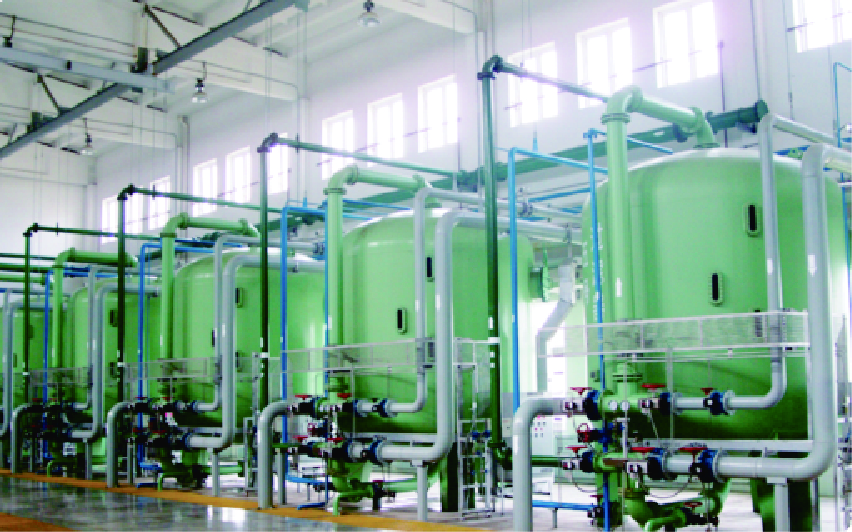
News
Jul . 26, 2024 12:20 Back to list
High-Quality Water Soluble Micronutrients for Optimal Plant Growth and Nutrient Management Solutions
Water-Soluble Micronutrients for Plants A Key to Fertile Growth
The health of plants hinges on several critical factors, and one of the most significant is the availability of nutrients. Among these nutrients, micronutrients play a vital role, particularly in the growth and development of plants. Water-soluble micronutrients, in particular, are increasingly becoming the go-to solution for gardeners, farmers, and horticulturists seeking to enhance plant vitality and productivity.
Micronutrients, though required in smaller quantities compared to macronutrients like nitrogen, phosphorus, and potassium, are equally essential for plant health. These include elements such as iron, manganese, zinc, copper, molybdenum, boron, and chlorine. Each of these micronutrients serves specific functions within the plant, contributing to various physiological processes. For example, iron is crucial for chlorophyll synthesis, while zinc plays a role in enzyme function and growth regulation.
One of the primary advantages of water-soluble micronutrients is their immediate availability for plant uptake. Unlike traditional granular fertilizers, which require soil bacteria and moisture to break down before the nutrients can be absorbed, water-soluble micronutrients dissolve quickly in water, allowing plants to access them almost instantaneously. This rapid absorption is particularly beneficial during peak growth periods or in stressed environments where plants may be struggling to access nutrients effectively.
Suppliers of water-soluble micronutrients offer a range of products formulated to meet diverse agricultural needs. These products can be applied through fertigation systems, foliar sprays, or as part of nutrient-rich hydroponic solutions. The versatility of water-soluble micronutrients makes them an ideal choice for various cultivation techniques, including greenhouse production, outdoor farming, and indoor gardening.
water soluble micronutrients for plants supplier

When selecting a supplier for water-soluble micronutrients, several factors should be considered. Quality is paramount; sourcing products from reputable manufacturers ensures that the micronutrients provided are of high purity and efficacy. Furthermore, understanding the specific nutrient requirements of different plants is essential. Suppliers often provide detailed information on the composition and recommended application rates of their products, allowing growers to tailor their fertilization strategies to individual plant needs.
Another critical factor is the form in which these micronutrients are delivered. Many suppliers now offer chelated micronutrients, which are compounds formed to enhance nutrient stability and availability during application. Chelated forms can protect micronutrients from becoming unavailable due to soil interactions, ensuring that plants receive the maximum benefits.
The use of water-soluble micronutrients is not limited to large-scale agriculture; home gardeners can also benefit significantly from their application. By incorporating these essential nutrients into their gardening practices, enthusiasts can improve plant disease resistance, enhance fruit and flower quality, and promote overall plant vigor. Whether growing vegetables, flowers, or ornamental plants, the inclusion of water-soluble micronutrients can make a real difference.
As the demand for high-quality agricultural products continues to rise, the importance of water-soluble micronutrients in sustainable farming practices cannot be overstated. With their ability to improve nutrient uptake and plant health promptly, these micronutrients are set to play a crucial role in the future of plant cultivation. By working with reliable suppliers and understanding the specific needs of their crops, growers can harness the full potential of water-soluble micronutrients to achieve flourishing, healthy plants.
In conclusion, water-soluble micronutrients represent a powerful tool in modern agriculture and gardening. Their ability to deliver essential nutrients rapidly and efficiently makes them indispensable for anyone looking to enhance plant growth and productivity. Whether you are a seasoned grower or a novice gardener, considering the incorporation of water-soluble micronutrients into your fertilization plan could lead to thriving plants and bountiful harvests.
-
Polyaspartic Acid Salts in Agricultural Fertilizers: A Sustainable Solution
NewsJul.21,2025
-
OEM Chelating Agent Preservative Supplier & Manufacturer High-Quality Customized Solutions
NewsJul.08,2025
-
OEM Potassium Chelating Agent Manufacturer - Custom Potassium Oxalate & Citrate Solutions
NewsJul.08,2025
-
OEM Pentasodium DTPA Chelating Agent Supplier & Manufacturer High Purity & Cost-Effective Solutions
NewsJul.08,2025
-
High-Efficiency Chelated Trace Elements Fertilizer Bulk Supplier & Manufacturer Quotes
NewsJul.07,2025
-
High Quality K Formation for a Chelating Agent – Reliable Manufacturer & Supplier
NewsJul.07,2025
